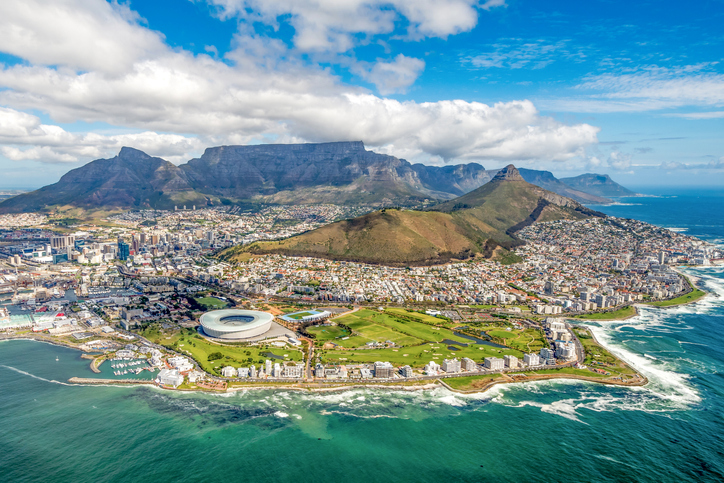In December 2018, Donald Trump approved a new strategy for Africa that includes increasing US commercial ties with the continent. According to the Wall Street Journal, Trump’s strategy “is part of a broader effort…to fight for global supremacy with Russia and China”. Geopolitical considerations aside, freer trade between the United States and Africa makes good economic sense that’s bound to become more obvious over time.
Today, the economy of sub-Saharan Africa (SSA) is small, accounting for some 2 per cent of global Gross Domestic Product (GDP). Between 1960 and 2017, SSA GDP grew from $252 billion to $1.75 trillion. The world economy grew from $11.3 trillion to $80 trillion (all figures are in 2010 US dollars). That amounts to an average annual compounded growth rate of about 3.4 per cent and 3.43 per cent respectively.
The United Nations estimates that over the next 50 years, the SSA and world populations will grow at average compounded annual rates of 2.05 per cent and 0.63 per cent respectively. SSA’s population will thus increase from 1.1 billion to 3.1 billion and the world’s population will increase from 7.7 billion to 10.6 billion. That means that SSA will account for roughly 30 per cent of the world’s population in 2070.
If SSA population expands at three times the rate of the world’s population – and everything else stays the same – it is safe to assume that the region’s economy will grow at a faster pace than the world average. For the sake of argument, let us assume that SSA maintains 5 per cent growth that the region had experienced between 2000 and 2010, while the world continues to chug along at 3.4 per cent.
At those rates, the economy of SSA will amount to roughly $20 trillion and the world economy will amount to roughly $425 trillion in 2070. Under those circumstances, SSA will account for about 4.7 per cent of global GDP – more than Germany and less than Japan do today.
If the area’s economy grows at 5 per cent and its population grows at 2 per cent, incomes per person will rise at a rate of roughly 3 per cent per year. That means that SSA GDP per capita could rise from $1,652 to somewhere in the neighbourhood of $7,500 by 2070. That’s where Colombia, an upper middle income country, was in 2017. Put differently, Africa ought to offer a potentially lucrative market for US goods and services.
Locking at least some African countries into free trade agreements with the United States, therefore, seems like a good idea. The timing is propitious. In contrast to previous decades — when much of the continent eschewed globalisation, competition, free trade, foreign direct investment, and multinational corporations — an increasing number of African governments appreciate the benefits of participating in the global economy.
Since the United States is, by and large, not producing the same kind of goods and services as SSA countries do, free-trade agreements between the two should not run into heavy protectionist opposition and be perceived as mutually beneficial – even from the mercantilist perspective which some members of the current US administration seem to have embraced.
As Africa’s economic integration grows – 44 African countries signed up to the African Continental Free Trade Area in March 2018 – it might become more difficult to sign FTAs between the United States on the one hand and individual African countries on the other hand. The trade negotiations between the United States and the European Union for example, have grown more complex as economic integration between European countries grew and protectionist sentiment against non-EU countries increased.
Currently, the United States has no FTA with any African country, except for Morocco. US trade with SSA is regulated via the Africa Growth and Opportunity Act (AGOA), which was passed by Congress in 2000 and is set to expire in 2025. Under AGOA, over 91 per cent of exports from some 40 African countries enter the United States duty-free.
It would be good to make these trade flows a permanent two-way street. That’s especially true for Africa’s largest economies, including Nigeria, South Africa, Angola, Sudan, Ethiopia, Tanzania, Kenya and Ghana.
A world where even the poorest among us enjoy the standard of living that an upper middle income country enjoys today is a beautiful goal to aim for. Free trade can help Africa’s economy grow. So, let’s have more of it.
This first appeared in CapX.

